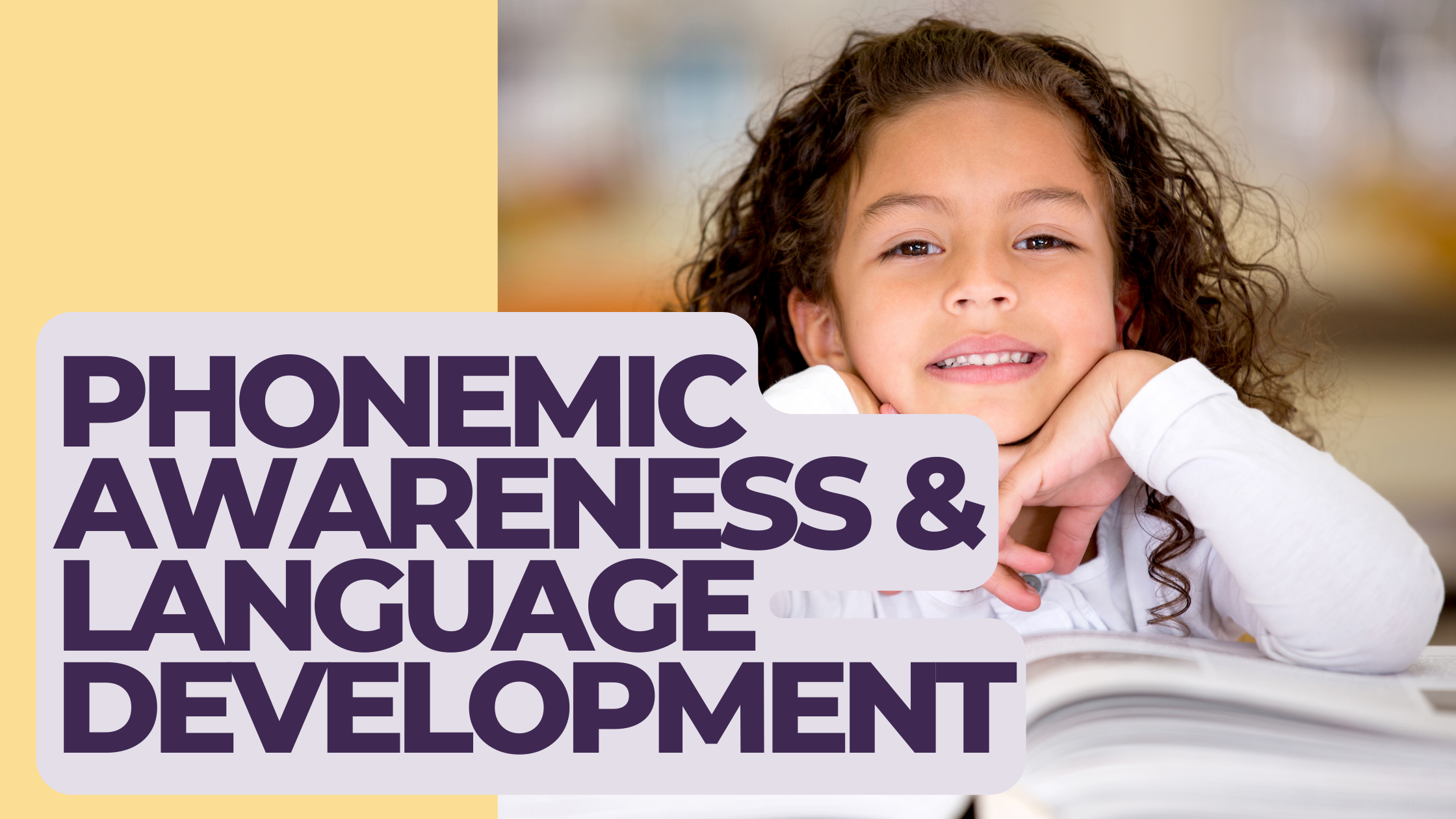Phonemic Awareness: A Key Component in Language Development
Phonemic awareness is a foundational skill that is critical in developing a child's ability to read and write. It refers to the understanding that spoken words are made up of individual sounds, called phonemes, which can be manipulated and combined to create new words. In this educational blog post, we will delve into the importance of phonemic awareness and how it can be nurtured in the early stages of a child's life.
The Building Blocks of Phonemic Awareness
Phonemic awareness is a subcategory of phonological awareness, which encompasses a broader range of skills, such as recognizing and manipulating larger units of sound like syllables and rhymes. Developing phonemic awareness enables children to identify, isolate, and manipulate the individual sounds that makeup words, ultimately paving the way for successful reading and spelling.
For example, a child with phonemic awareness can recognize that the word "cat" is composed of three distinct sounds: /k/, /æ/, and /t/. They can also understand that by changing the first sound to /b/, they create a new word – "bat."
The Role of Phonemic Awareness in Language Development
Research has consistently shown that phonemic awareness is a crucial predictor of reading success. Children with strong phonemic awareness skills have an easier time learning to read and are likelier to become proficient readers and better spellers than those who struggle with this skill.
Phonemic awareness provides the foundation for understanding the alphabetic principle – the idea that letters represent sounds, and these sounds can be combined to form words. By developing phonemic awareness, children can better grasp the concept of how letters correspond to sounds and how those sounds combine to create words. This understanding is essential for decoding (reading) and encoding (spelling) written language.
Fostering Phonemic Awareness in Children
Phonemic awareness can be nurtured through various activities that promote active engagement with sounds in spoken language. Here are some suggestions for fostering phonemic awareness in young learners:
Read aloud:
Regularly reading to children exposes them to the sounds and patterns of language, helping to develop their listening and phonemic awareness skills.
Rhyme and repetition:
Introduce children to nursery rhymes, songs, and poems that feature repetitive sounds and patterns. This will help them recognize and manipulate the sounds within words.
Sound games:
Encourage children to play games that involve listening to and identifying specific sounds. For example, ask them to find objects that start with a particular sound or have them clap for each sound they hear in a word.
Elkonin boxes:
Use Elkonin boxes (also known as sound boxes) to help children segment words into individual sounds. Draw a series of boxes on a piece of paper, with one box for each sound in a word. Then, have the child move a small object (like a marble or a chip) into a box for each sound they hear when they say the word.
Sound manipulation:
Challenge children to create new words by changing, adding, or removing sounds within words. For example, ask them to change the first sound of "cat" to create a new word.
Conclusion
Phonemic awareness is essential to language development, providing the foundation for reading and writing skills. Parents and educators can help children build a strong foundation for future literacy success by incorporating phonemic awareness activities into daily routines and playtime. So, let's embrace the power of phonemic awareness and unlock the doors to a world of language and learning for our young ones. I can help your child lay a strong foundation for reading and writing. Schedule a free online reading assessment today!

